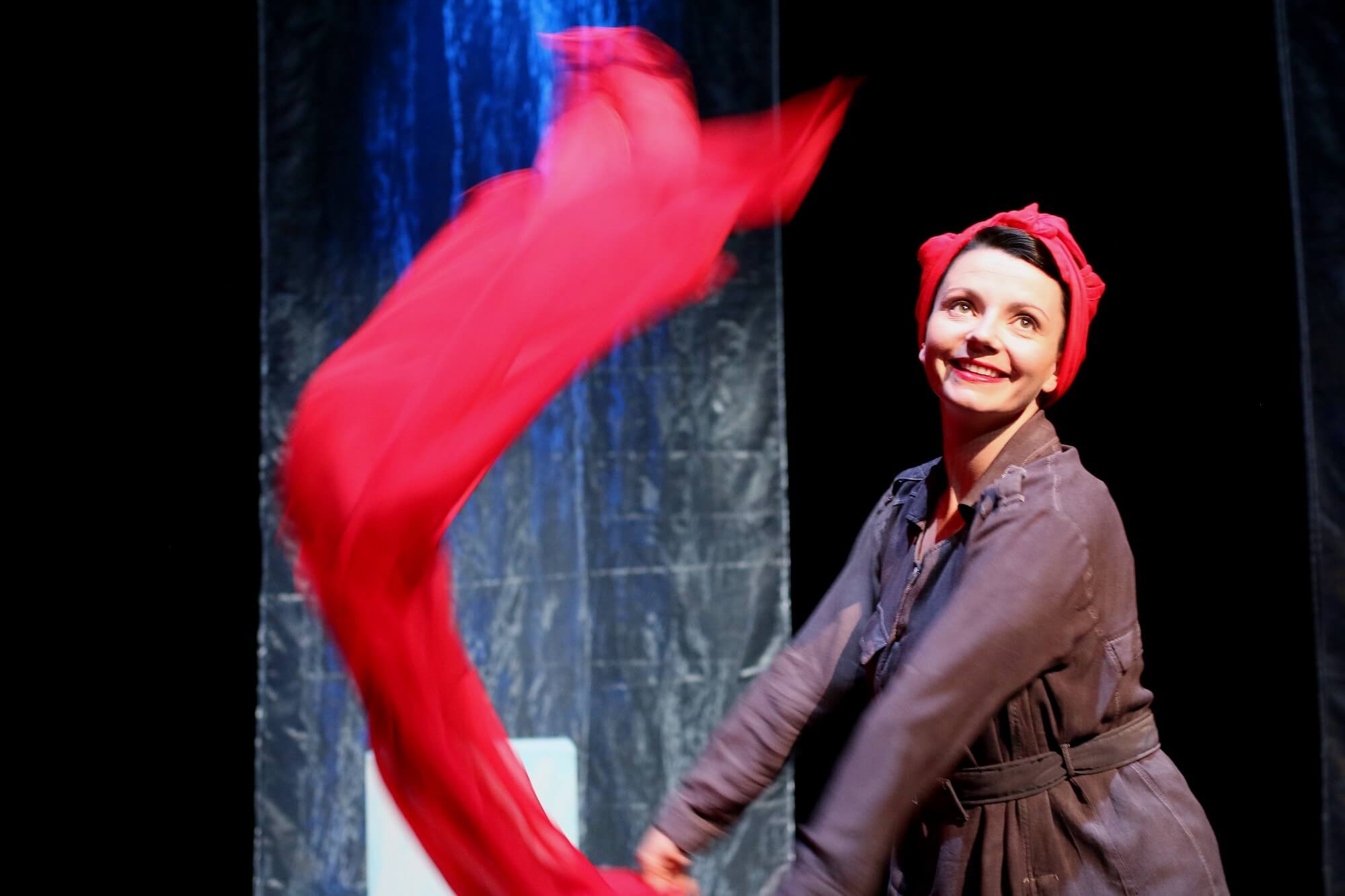Not many people know the name Maria Eugenia Jasińska. This young Polish woman, who was executed by the Nazis in 1943, has, like many other women in war, a story that deserves telling but is known by far too few.
Having been involved in girl scouts from a young age, Jasińska became a member of the resistance and the underground movement in Łódź at the outbreak of World War II. She used her work in a pharmacy as a cover for her activities, through which she helped those in need – and in particular, those who were wanted by the Nazis – selling medicines that were difficult to obtain, and organising medical care.
Having gradually won the trust of the German manager of the pharmacy, she produced false documents, in the pharmacy’s basement, for Polish soldiers, foreign officers, Jews, priests, and escapees. Furthermore, she sent food parcels to concentration camps, forced-labour camps, and the ghetto in Łódź. She was also a liaison smuggling people abroad.
She used her work in a pharmacy as a cover for her activities, through which she helped those in need – and in particular, those who were wanted by the Nazis – selling medicines that were difficult to obtain, and organising medical care.
During the ‘Dorsze’ campaign in 1942, the aim of which was to smuggle three British officers who had escaped from a prisoner-of-war camp abroad, Jasińska was arrested in the pharmacy where she worked. In prison, she was subjected to prolonged torture as the Nazis attempted to obtain information about other participants in the operation, and names of Polish soldiers involved. She was accused of helping English officers illegally cross the border. The investigation lasted over a year. Jasińska did not plead guilty to the charges, skilfully refuting the Gestapo’s arguments. During the investigation, the interrogators did not manage to get any specific information concerning her activity or the remaining prisoners. She revealed nothing.
On 8 March 1943, Jasińska’s case was heard in the district court by two generals and ten German officers. She was sentenced to death by hanging. Only the testimony of Bernard Drozd, a member of an underground organisation from Poznań, most likely obtained through torture, pointed Jasińska out as a resistance liaison. On 20 April 1943, Maria Eugenia Jasińska was executed, probably in the Łódź Jewish cemetery.

On 10 November 1944, Colonel Michał Stempkowski, the commanding officer of the Home Army Łódź District, posthumously awarded Jasińska the Silver Cross of the War Order of Virtuti Militari. In 1945, her family received a diploma from the Marshal of the Air Force of the British Commonwealth ‘as a token of gratitude and appreciation of the help she provided to sailors, soldiers, and pilots’. On the thirtieth anniversary of the liberation of the country, Jasińska was decorated with the Cross of Valour ‘for her bravery and courage’. Her body has never been found.
In today’s political climate, where far-right movements have gained momentum across the globe, and have indeed come to power in some of the world’s largest democracies, such as the United States, Brazil, and Italy, the need to promote gender equality is greater than ever. The arts are an ideal space for doing so – through storytelling, audience members connect with ideas in ways that would otherwise not be possible. Telling the stories of women in war dismantles mainstream patriarchal narratives where women are often overlooked, and simultaneously challenges traditional viewpoints that would see women as passive, submissive, and unfit for the arena of war. These stories show that women were involved in major historical events, remind people of the important role women are currently playing today, and highlight the importance of gender parity going forward.
Maria Eugenia Jasińska is one of these women, alongside Mary Elmes, a Cork woman who was the first Irish person honoured as ‘Righteous Among Nations’ for her work saving Jewish children from the Nazis.
These are the goals of Smashing Times, an arts organisation based in Dublin, Ireland, who have been running The Woman is Present: Women’s Stories of WWII for the past two years now. This show is a creative reimagining of moments from the lives of women during World War II, recalling stories of bravery, sacrifice and love amidst the horror of war, as women stood up against fascism and totalitarianism. Maria Eugenia Jasińska is one of these women, alongside Mary Elmes, a Cork woman who was the first Irish person honoured as ‘Righteous Among Nations’ for her work saving Jewish children from the Nazis; and Marta Hillers, author of Eine Frau in Berlin which detailed the mass rape of women by the Red Army in the aftermath of World War II. The other women whose stories are featured are Dolores Ibárruri, or ‘La Pasionaria’, from Spain, a revolutionary leader and crusader against fascism during the Spanish Civil War; Ettie Steinberg, the only female Jewish Irish citizen known to have been murdered in Auschwitz; and Neus Català Pallejà from Spain, an active collaborator with the French Resistance during World War II and the only living Spanish survivor of Ravensbrück concentration camp for women.

Each performance is followed by a post-show discussion with the artists and invited guest speakers to explore powerful women’s stories in history and themes of gender equality and peace in Ireland, Northern Ireland and internationally. The performance went on national and international tour to Ireland, Northern Ireland and Germany from September 2017 to February 2018, receiving a very positive response.
When we honour the sacrifice Maria Eugenia Jasińska made, we also honour all of those women killed in conflict, whose stories have faded with time. And in honouring them, we encourage the next generation of women to take a stand, which can only bode well for gender equality in years to come.
***
Féilim James is a writer from Dublin, Ireland. He is currently an Office Administrator with Smashing Times.
![Political Critique [DISCONTINUED]](http://politicalcritique.org/wp-content/uploads/2015/09/Political-Critique-LOGO.png)
![Political Critique [DISCONTINUED]](http://politicalcritique.org/wp-content/uploads/2015/09/Political-Critique-LOGO-2.png)